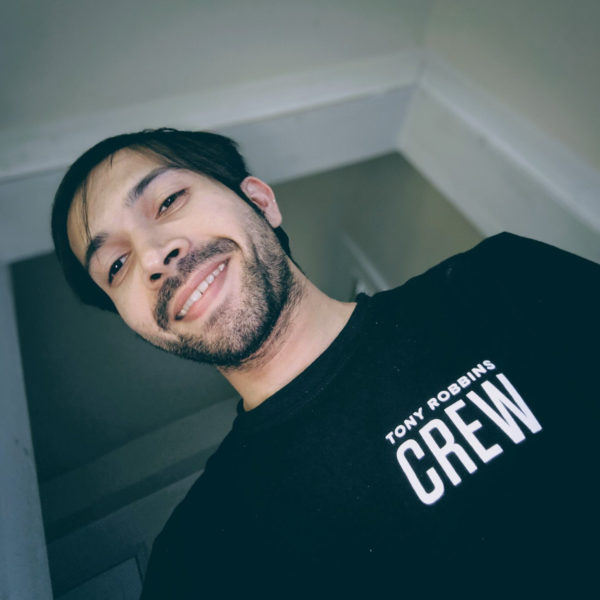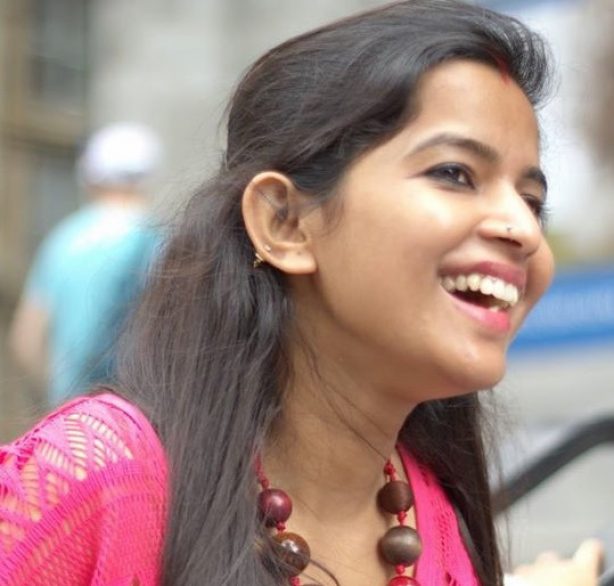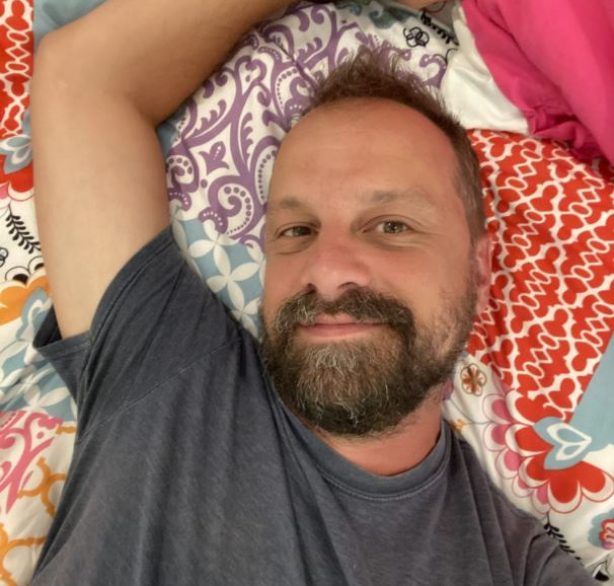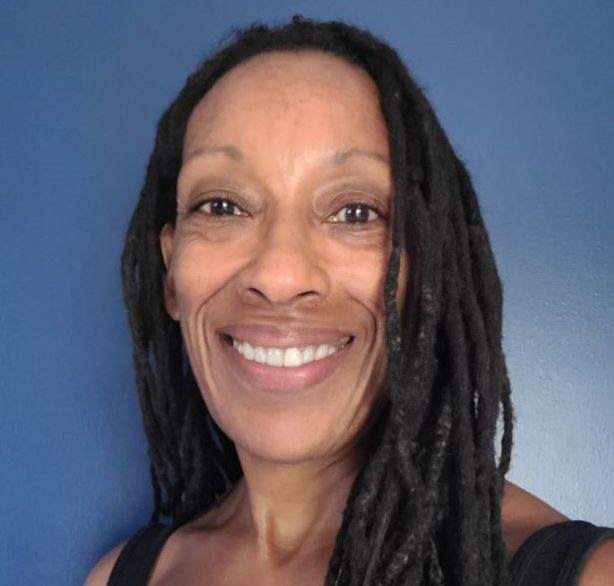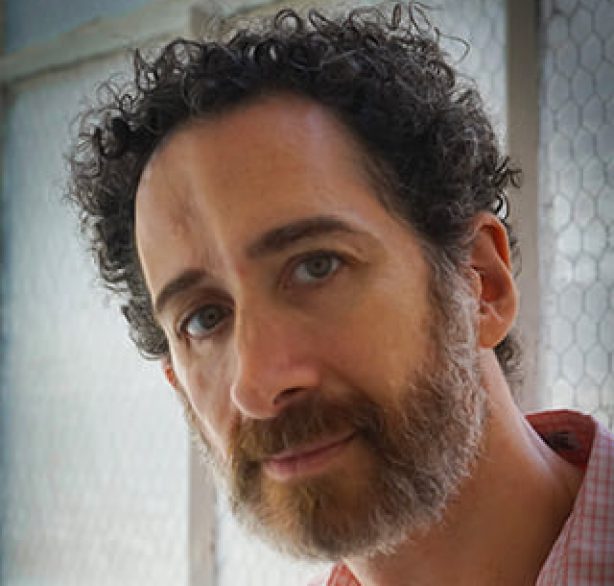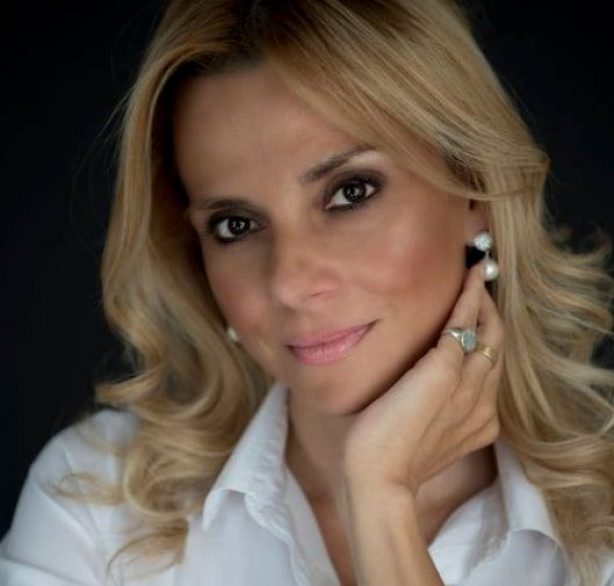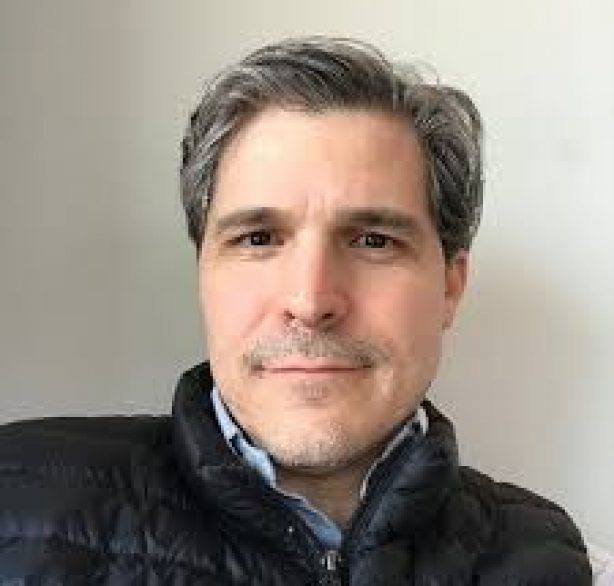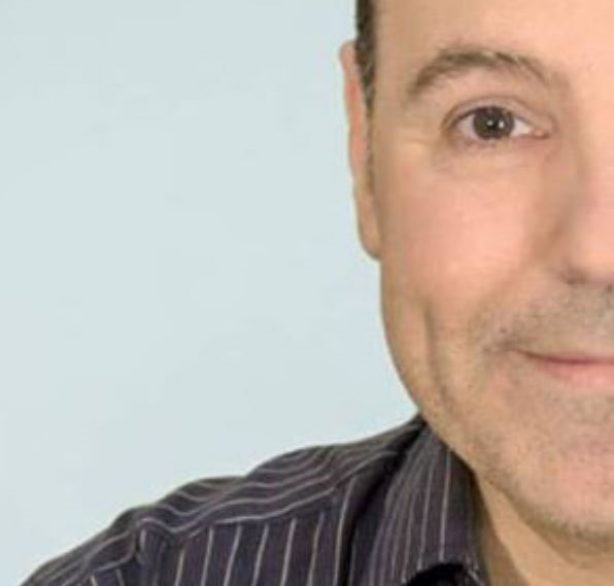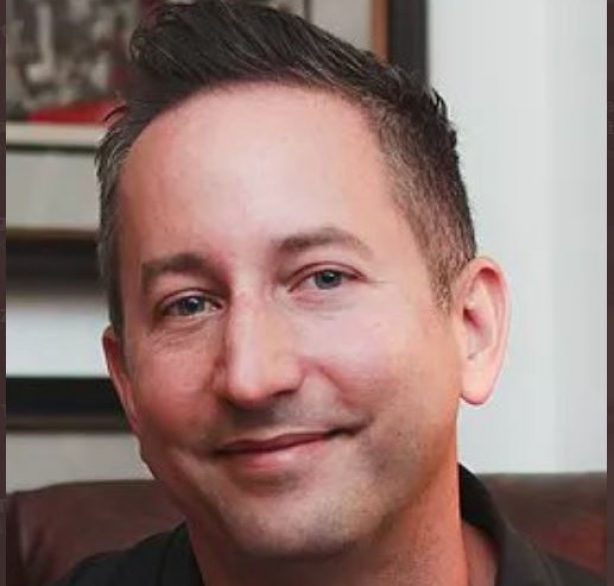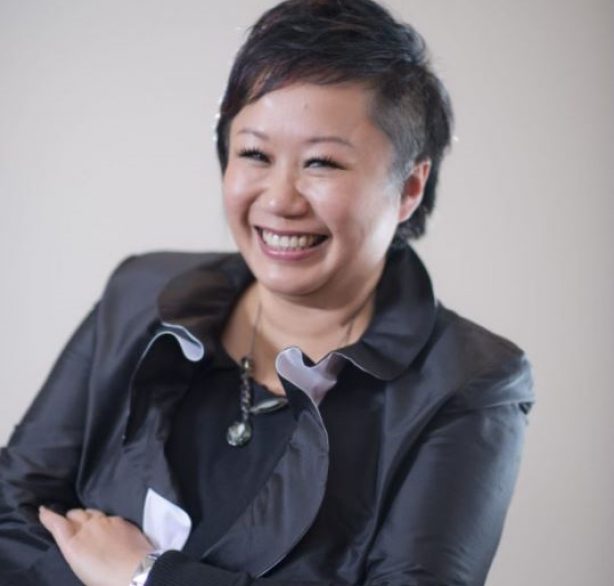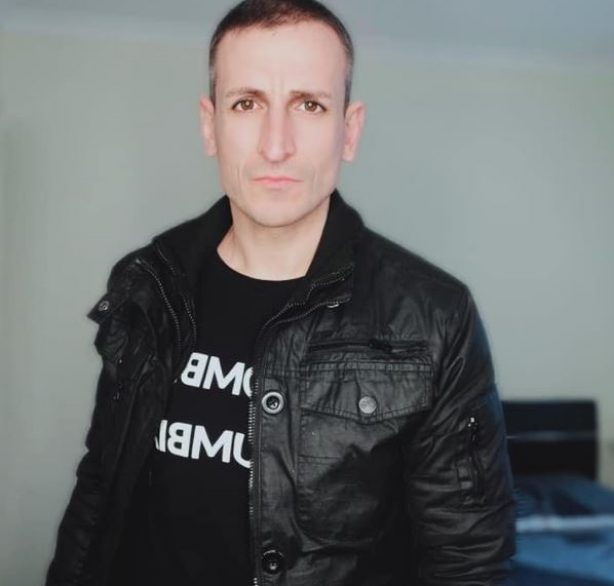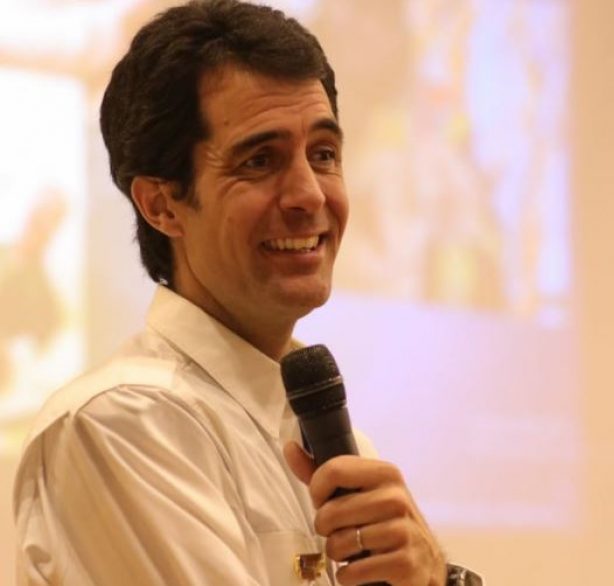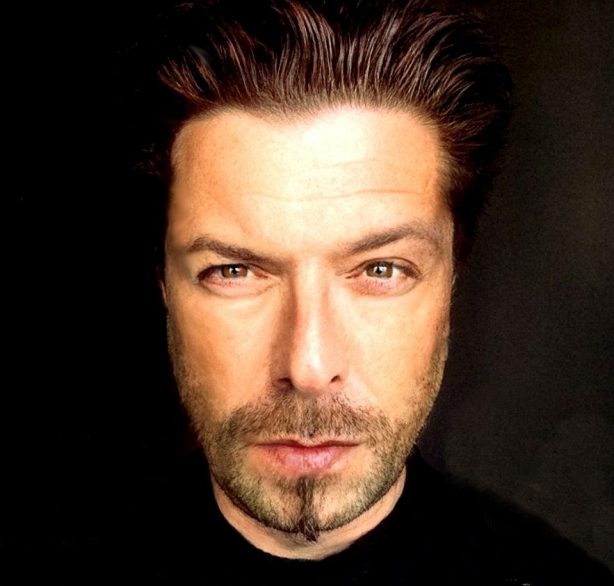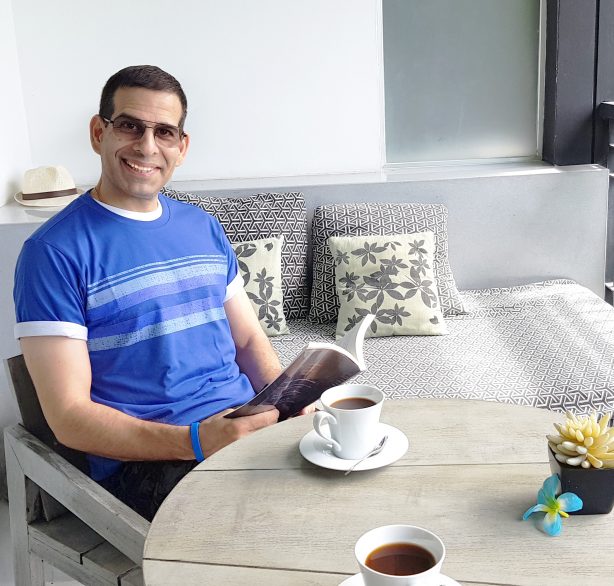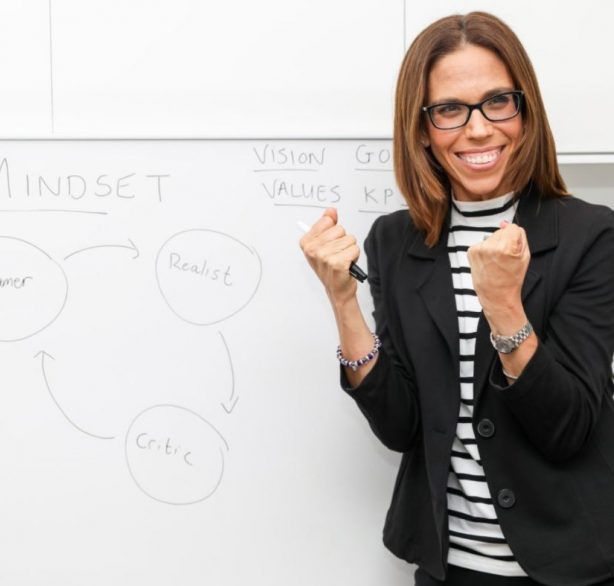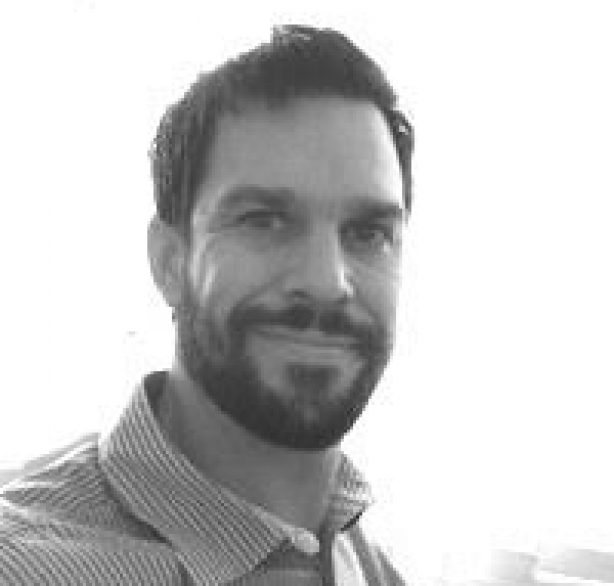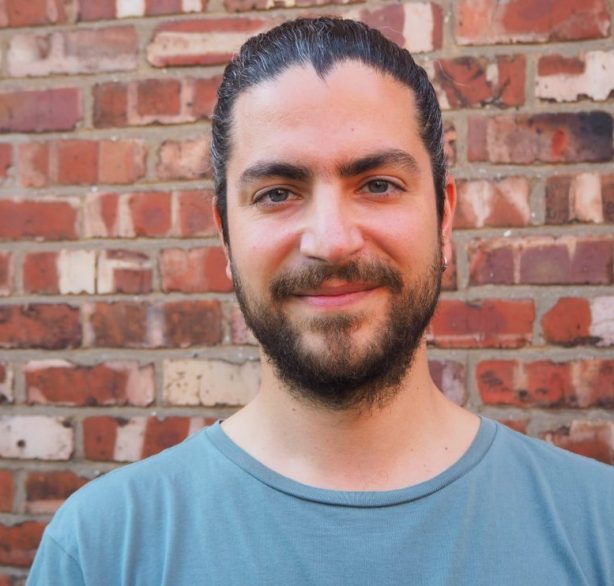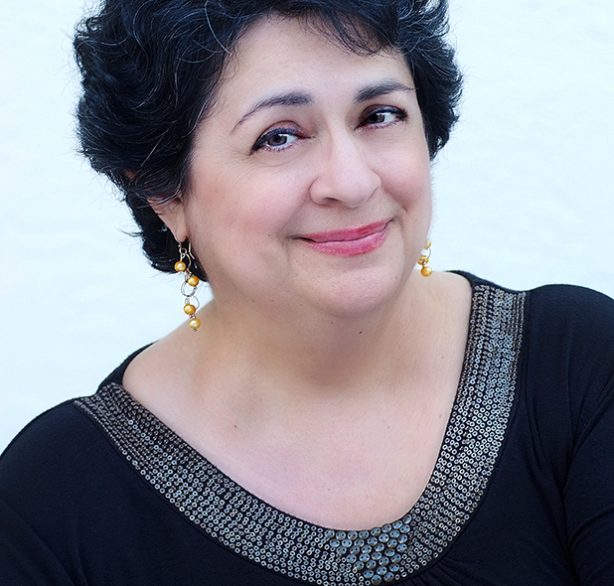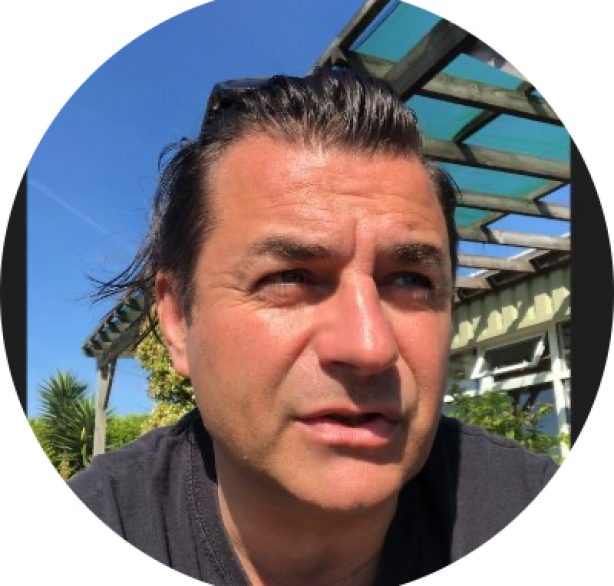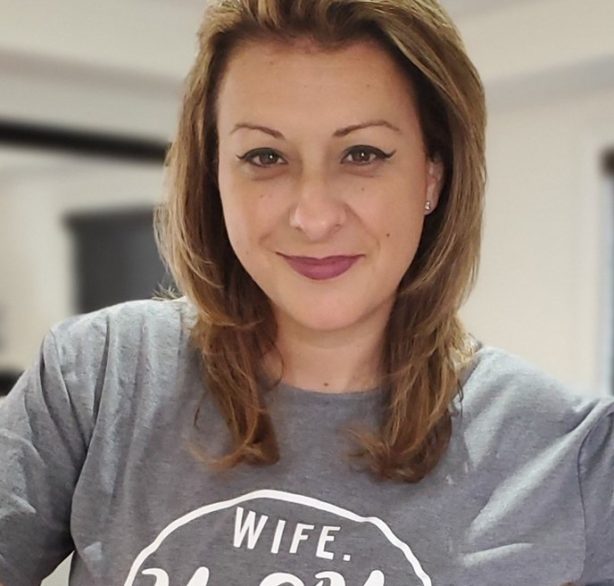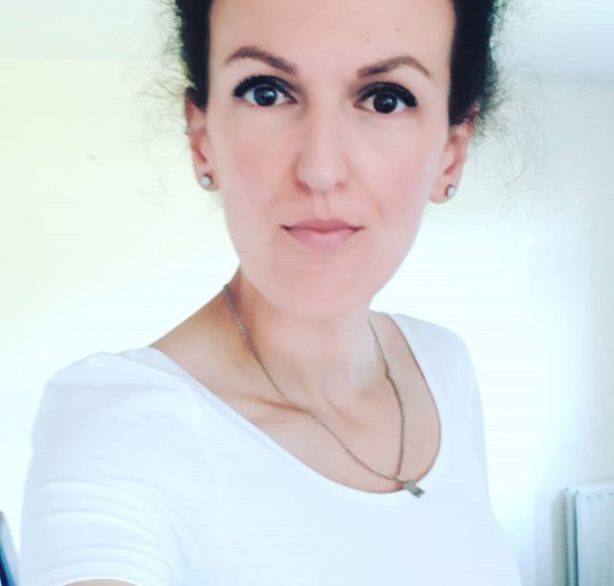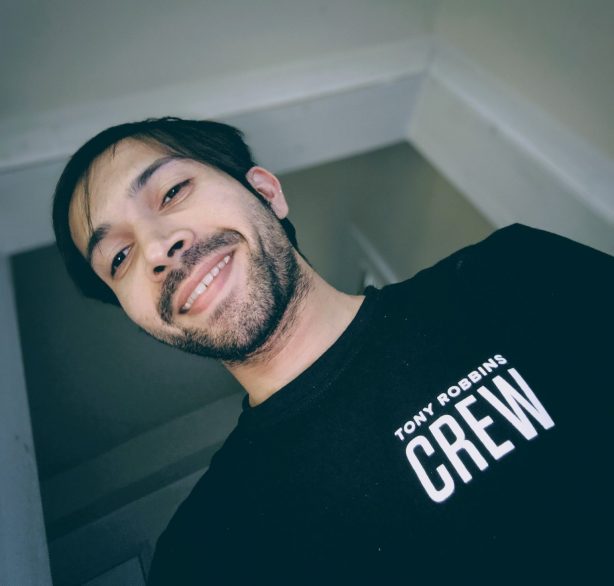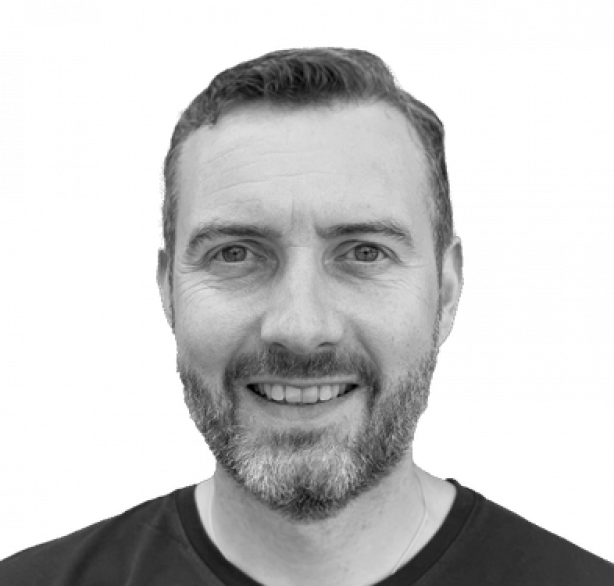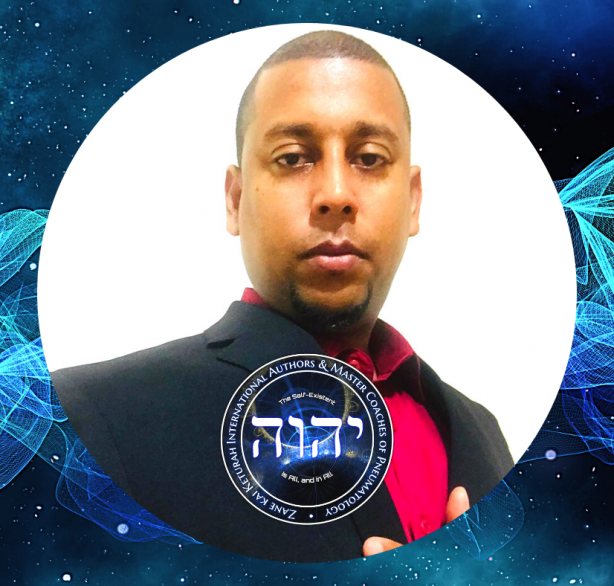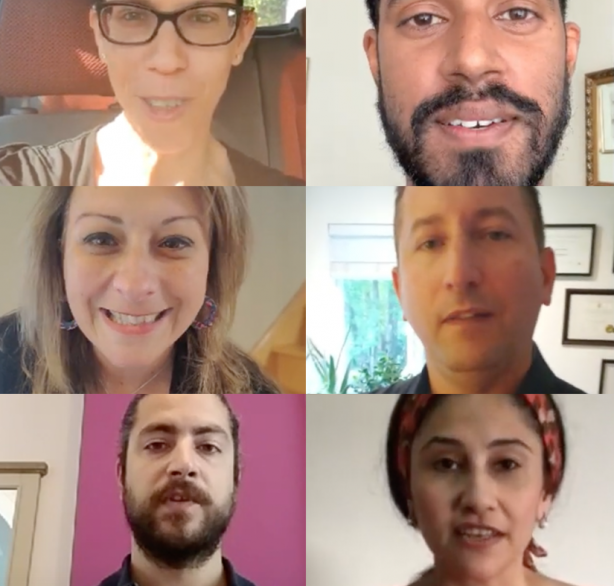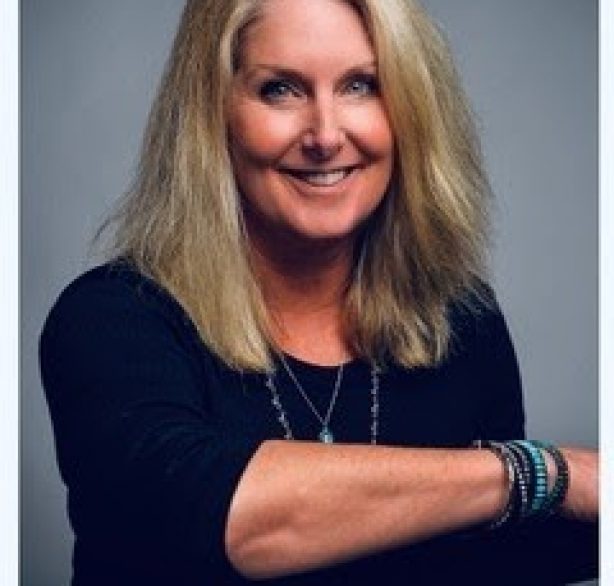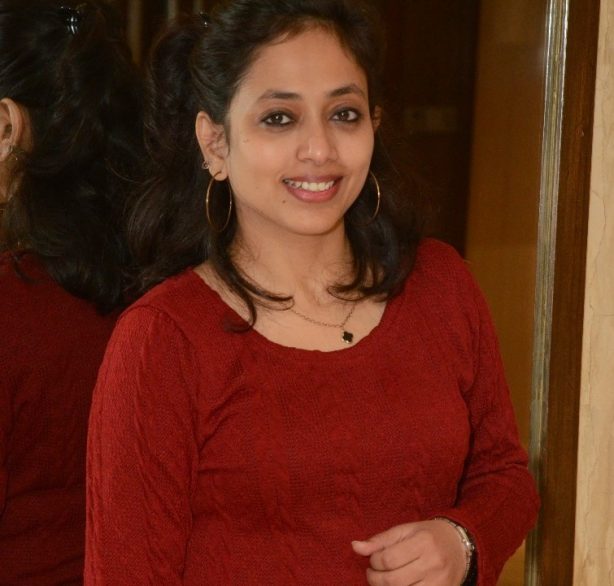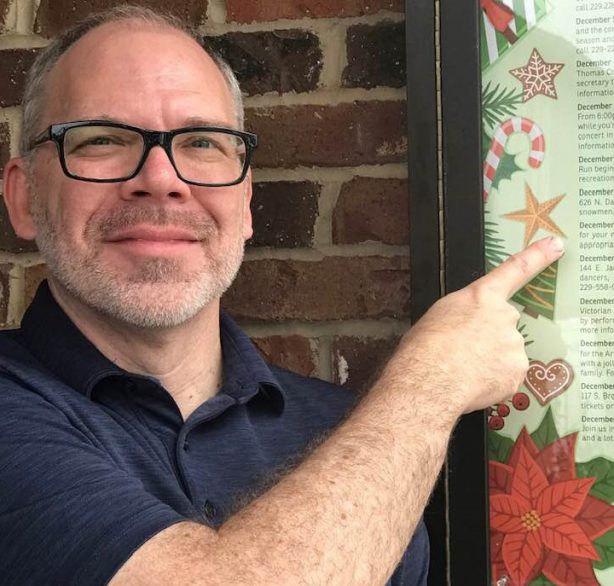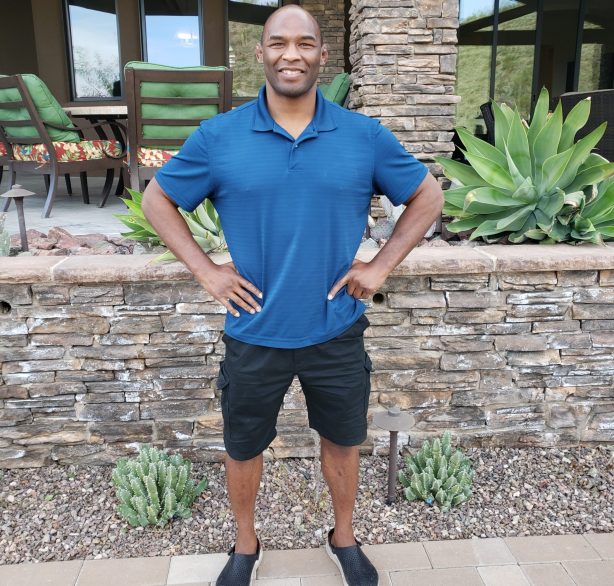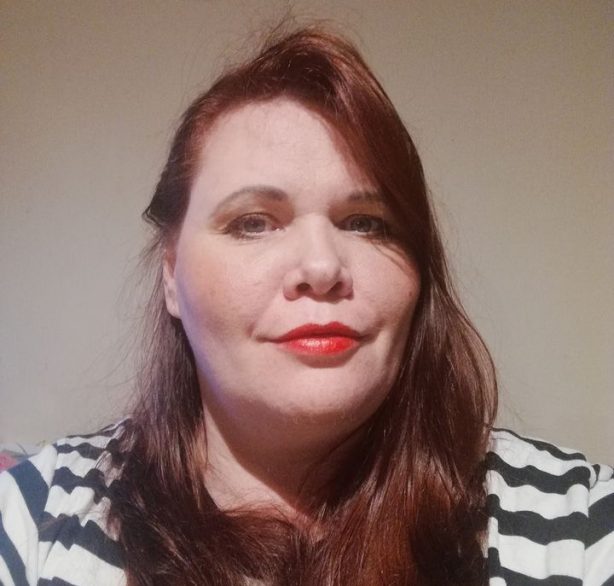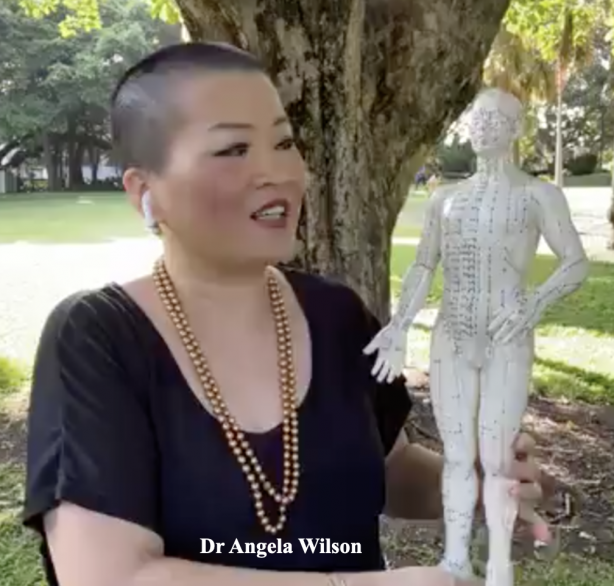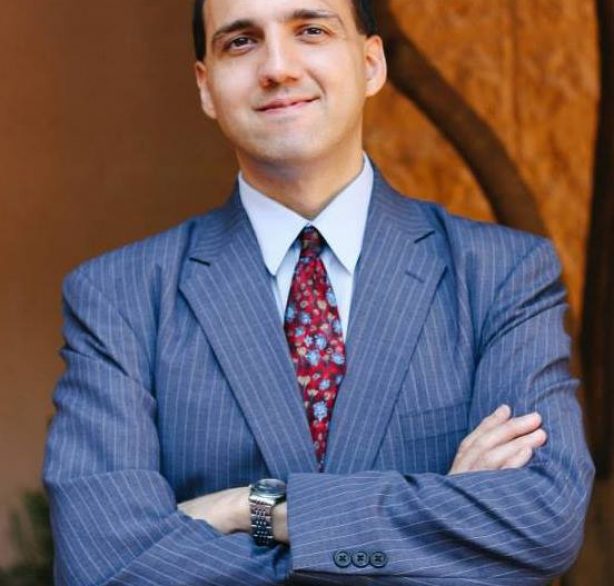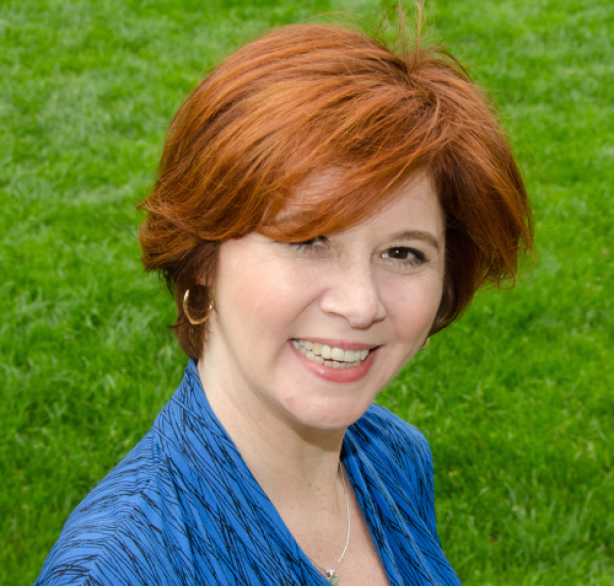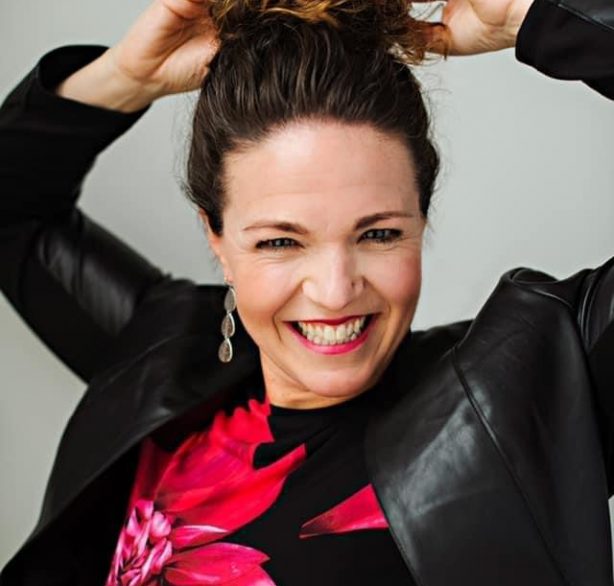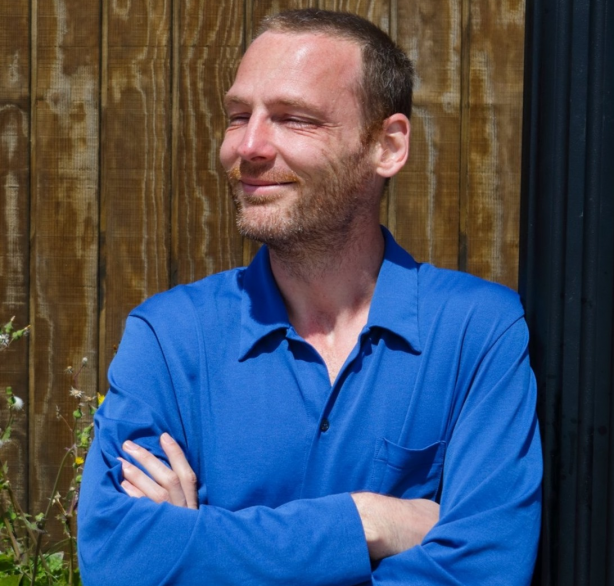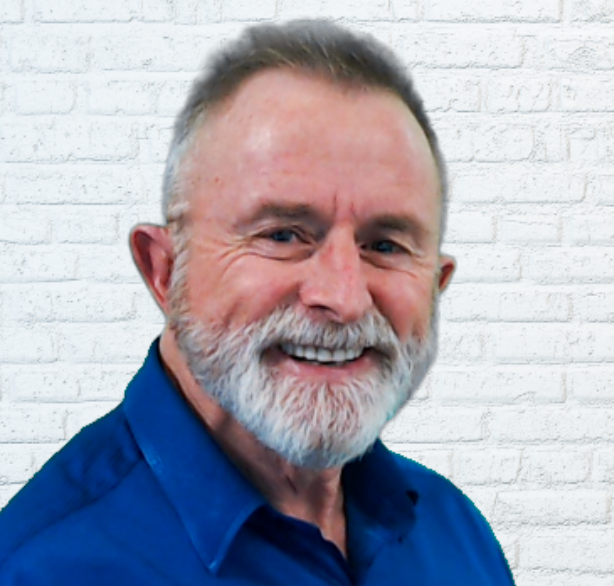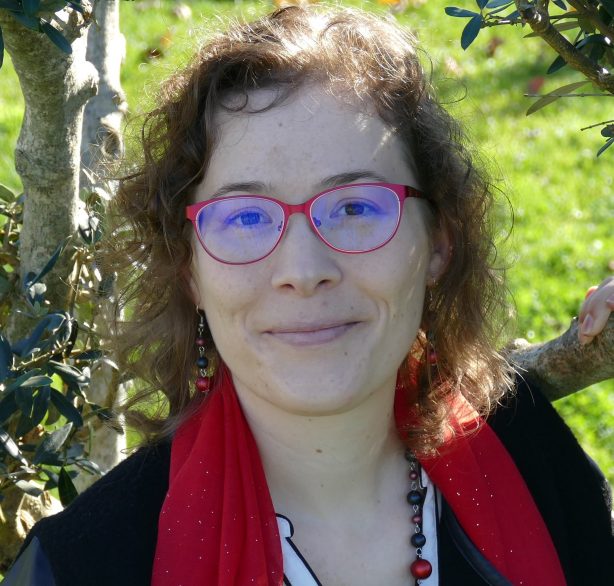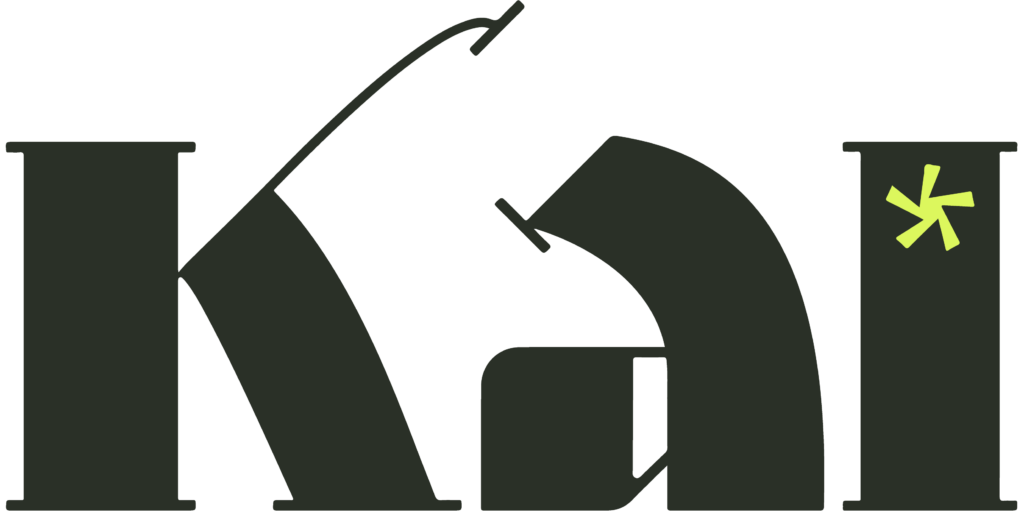Watch the full and inspiring interview with Monjyoti
If you prefer reading, here is the transcribed interview
Ziv: Hey, I’m Ziv Shalev and this is “On the Journey”. Every week “On the Journey” expose the intersections of wellness, spiritual inquiry, mental health, personal growth and purposeful living through the eyes of the people we interview.
Monjyoti, I’d love to hear about your journey.
Monjyoti: Thank you, Ziv. It’s great to be here. Thank you for the opportunity. Sure. I mean, my journey started maybe about 7 to 8 years back when I was going through my own personal crisis.
Basically, I was successful, but not fulfilled. I was actually miserable. So that’s when I started digging deep and started this journey of self-exploration. And it was a couple of years of crisis, like emotional crisis and confusion and things like that but what happened is I walk out of that phase, you know, very clear and with a hunger to share what I learn. That’s when my journey started as a trainer. But back then I started teaching music and primarily I was teaching music and psychology.
So I was covering a lot of psychological aspects while I was teaching music. And because I was able to use psychology like what drives you, how to set goals and how to break down the ball into manageable chunks and you know how to take one step at a time, how to make it less overwhelming.
I was using all of those things that enabled me to produce some results in music. But, you know, I did that for like four or five years. Since I was very much into that mindset side of things, the psychology and high performance mindset and the productivity and things like that. So eventually I was drifting towards the mindset side of coaching and eventually I was coaching people from all walks of life, you know, professionals or individuals or artists or students and things like that. I would try to help anyone and everyone from all walks of life and all sorts of issues; emotional, financial, professional, everything.
But eventually, maybe sometime around last year or something, I narrowed down that I’m actually more interested in productivity and high performance.
I like the idea of time because I have been focusing on high performance mindset and productivity and time management and my own life without my own knowledge, because I like the idea of time and collapsing the timeline and, you know, getting more done by doing less because the linear interpretation of time is like hard work, more results. More work, more results.
Like that’s linear. But we know that there are so many more layers. There’s a big component of smart work. I mean, if only hard work was the thing, then of course the construction workers who work the hardest would be the most successful and happiest and richest or whatever. But that’s not the case. Hard work is definitely a part of the equation but it’s not everything there are so many other parameters.
I wanted to dig deep and that idea used to fascinate me. And I was actually studying about high performance mindset and productivity and time management myself since forever. And I was trying to apply that in my own life and I have been able to, I’ve tried a whole lot of things in the last seven years. So, I’m a musician with a hundred plus shows in nine countries..
Ziv: Wow. I mean, there’s so many questions I want to ask you. Just jump in. So you mentioned the time is not linear and about high performance. Can you elaborate about it? Because when I hear the things that popped to my mind is exactly what you said. Okay, we all have a fixed amount of time, how we do more in that fixed amount of time. So is it that or is it something different?
Monjyoti: No, time is only one of the parameters when you’re talking about productivity, and in my opinion, it’s the least important of all. Why? Because let’s use an example, you want to drive 400 hundred miles, right?
And if you drive 100 miles an hour, you’re going to reach your destination in 4 hours. But if you drive 20 miles an hour, you’re going to reach your destination in 20 hours.
It's not about the number of hours, it's what you put in every hour. Share on XSo I’m focused on putting a hundred miles every hour versus putting in more hours. So how do we make that happen? So in the context of our work and things like that, that hundred miles comes from the quality of focus. We live in a distracted world. Nowadays, there’s a lot of overwhelming things going on and we are distracted all the time. There’s so much happening right now. It’s more complex than ever before. So focusing on one thing for an extended period of time is one of the biggest challenges but if you can cultivate that, that’s going to really collapse the timeline because the quality of focus, if it’s really out there, it means you’re driving 100 miles every hour and you’re going to reach four hundred miles in four hours.
So, focus is one thing. Energy is another thing, because the more energy you have, the better your output and your efficiency is going to be. More focused, more energy you have around the thing that you are doing.
And third thing is, of course, relevancy. How relevant is what you are doing? Right. I’m trying to become a coach. So for me, the relevant things would be learning about my craft, like relevant things would be serving my clients, reaching out to my clients, marketing my services. Those are the relevant things. But if I am, let’s say, focused, I have full energy and I’m driving 100 miles an hour but I’m using that to learn about Roman history. That doesn’t make sense, right? Because that’s irrelevant to my goal, which is to become a better coach, to serve better.
And so focus, energy and relevancy. These are the three parameters that determines more than the number of hours, because if you maximize what you’re going to put in every hour, then most likely you don’t need so many number of hours. At times you do need, but not always.
Ziv: So that’s really interesting because I can see a highly successful or at least highly successful in external eye that people that are focused are full of energy, and maybe what they do is, in a way, can sound very relevant to them and still they’re not fulfilled. And even you said that you were successful and you didn’t feel fulfilled. How does fulfillment goes into this puzzle? Is it part of the relevancy? How do I know that the focus and energy that you put goes to..?
Monjyoti: Yeah, it is. It is the relevancy part actually. So, relevancy basically comes down from the goals that you have. Those should be the goals that are important for you. And those goals should be a reflection of values, the values that you have. So that is a first step. What are your values? What do you value most? Is it money, is it success? Is it serving your clients in this area of, let’s say, emotional intelligence, because you have struggled through emotional issues in the past and for you to serve people in that area gives you fulfillment. So that’s your sweet spot. That’s your value. And so you have to create your goals according to those values. That’s a first step.
And your goals could be six months down the line, one year down the line, five years down the line, and then you backward deconstruct those goals into quarterly objectives and those quarterly objectives comes down to monthly goals. Monthly goals comes down to weekly goals. Weekly goals come down to daily goals and the daily goals determines and creates the relevancy part. This is my goal. This is what I need to do today. This is what I need. These are my outcomes for today. So between these tasks are the most relevant tasks because those states are connected to that goal, which is a reflection of my values. So that’s where the relevancy part comes in.
And now you know that your you are trying to move towards what’s important to you, what you consider valuable for yourself. Now, the goal is here. Now we put in the remaining parameters of your focus, the energy and, of course, the time.
So moving forward, in 100 miles an hour is important, but it’s relevant only if you’re moving in the right direction. So that direction has to be correct. That’s where the relevancy part comes in. It has to be towards your values and it’s going to evolve. You’re going to course correct along the way. You’re gonna know more about yourself, but that’s essentially what it is.
Ziv: I can really relate to it. I remember in Alice in Wonderland, Alice asked the cat, ‘which direction should they go?’ And the cat says, ‘where do you want to go?’ And Alice replies, ‘I don’t know.’ And they said, ‘it doesn’t matter if you don’t know where you want to go.’ It doesn’t matter where you turn. So what you say is that, basically, we need to understand or to know to reveal our values and on top of these values, we need to build goals. Then you need to break these goals into yearly, monthly, weekly and daily goals. And then we click the relevant if what we actually do right now resonates with the goals that we set ourselves and it goes back to our values.
Monjyoti: That’s absolutely true.
Ziv: I think there are two challenges I would like to ask you about. A very a long term journey day to day of every day to be able to create the goals, stick to the goals, ask myself questions, ‘am I doing the right thing.’ It’s very detailed hard work, and I guess for most people, it’s very difficult to do it day after day for the long term. So how do you do it for a week? For a month? For 10 years? How do you do it daily?
Monjyoti: I mean, there is definitely a long term vision, long term vision for what you want to stand for. How do you want to serve? How do you want to be known in the world picture? This is a kind of individual I want to be. This is the kind of success that I want in. This is the kind of person that I want to be perceived. I want to be perceived as someone who is helpful. I want to be perceived as somebody who’s a high performer. I want to be perceived as somebody who’s whatever, you know, and you consider that.
And then you break down in the form of I think there are a few categories that you can use. One is your professional goals and professional goals can be broken down in the form of maybe the income that you want to generate and a number of people that you want to serve and how you want to serve them; Online, offline ,coaching, one on one coaching, downloadable material. But yeah, that may not be very clear in the beginning.
So, I want to coach people in the area of childhood trauma as a personal development of productivity. And I want to help about 10,000 people across the globe in 5 years time, just a long term picture. That’s a professional goal and then there’s a personal goal. Who do you want to be as a person?
You want to be somebody who is helpful. You want to be somebody, you want to be a good listener. Personal goals could also be, you want to enjoy, you want to learn karate, you want to learn music, you know, personal goals, you want to learn something, something else that you want to do like travel the world and things like that.
The third thing is contribution goals and relationship goals. So when you when you divide your goals into these four categories, so you start with something which is a five year. I mean, people do ten years. I think I have not done 10 years. I have maybe done five years. But it varies from person to person. You can start from ten years and then you can work backwards. And then you break it down to one year in these four areas for me to reach my goal in 10 years time, what needs to happen in one year, professionally, personally, in relationships and adventure goals or contribution goals.
Although contribution and professional goals can be entangled together but you can also keep it separate like profession is just about being productive in my workspace and working for this person, this organization, and serving them in a great way. My position in the company or as an entrepreneur or whatever, and the income that I want to generate that would be strictly professional. Contribution could be a different part from that or it could be together. I want to serve nonprofit. I want to end hunger. I want to help people, help underprivileged artists. I want to help 5000 underprivileged artists in a span of five years in five countries or across the globe, whatever.
So professional goals, personal goals, adventure goals. Again, adventure and personal can be together or it could be separate. It’s completely up to you. You have relationship goals. Relationship goals is how I want to show up for my family, my parents, my kids, my grandfather. How I wanna serve them and how I want to be instrumental in helping them accomplish their goals. And roughly some of those things, your close relationships. So I think that’s what you do. And it’s not a one time thing, it’s a work in progress. But what you do is you do come up with a rough outline in these categories then you revisit it every day because once you revisit it every day, what’s going to happen is you’re going to get new ideas around it. You have to correct it. You’re going to evolve it, change it a little bit, tweak it. But you start with the baseline and then you evolve it gradually. And your daily actions should be a reflection of those goals that you have, which should be a reflection from your ultimate vision.
Ultimate vision is who you are as a person. How do you want to be known at the end of your life, how you would have transformed lives or how you were successful or how you helped others or what kind of the growth you experience, what kind of an example you set for others? Something like and that’s your vision. It’s not very clear, precise, but then backward deconstruction of the vision is your long term goal. Backward deconstruction of your long term goals is your short term goals. And all of this is a reflection of your values and that should tie in to your day to day activities. So roughly that’s what it is.
Ziv: That’s a lot. Okay, we are approaching the end of the interview and you shared so much from your experience and knowledge.
Monjyoti: Wow, it’s like we just got started.
Ziv: Time flies when you’re having fun.
Monjyoti: Absolutely.
Ziv: So, we need to start with values build on top of it our goals then break it into the area of life and eventually get to the specific things we do. That’s what I got from this and it sounds really technical and a lot of hard work.
So, Monjyoti, thank you for the interview. Thank you for your time, for sharing your experience and knowledge. Thank you very much.
Monjyoti: Thank you so much for having me here. And I really appreciate what you are doing. It’s a great service to the people out there, you sharing people’s thoughts in different areas of life and in personal development. And now it’s the need of the hour, I would say. And I really, really appreciate what you’re doing and thank you so much for giving me the opportunity to share my thoughts and what I know. And I really appreciate that. And I wish you all the best for your journey and the work that you are doing to help individuals and do your bit in making the world a better place.
Ziv: Thank you. Same for you.
Monjyoti: Thank you so much.
Who are you?
- A Productivity Coach, Speaker, Author
- 7 years of training experience in productivity, high performance and musical psychology.
- Certified trainer/speaker under Amandeep Thind, a Tony Robbins Coach.
- Former Tony Robbins Crew , Unleash The Power Within, Miami, Florida, Nov 2019
- Certified coach under Sonja Martinovic, a business coach.
- A Coach/Trainer in Coaching Business Mastery Movement that conducts weekly trainings and Masterminds in business, mindset and productivity.
- Speaker/trainer in Indian Leadership Academy
- Record Holder in Asia Book of Records, India Book of Records, World Records India for maximum number of diamond push-ups in a min, male, 78.
- Wrote a self-help book, A Relentless Pursuit of the Truth, and got “The Author of the year title” in 2019.
DISCOVER MORE OF MONJYOTI THROUGH HIS FACEBOOK
